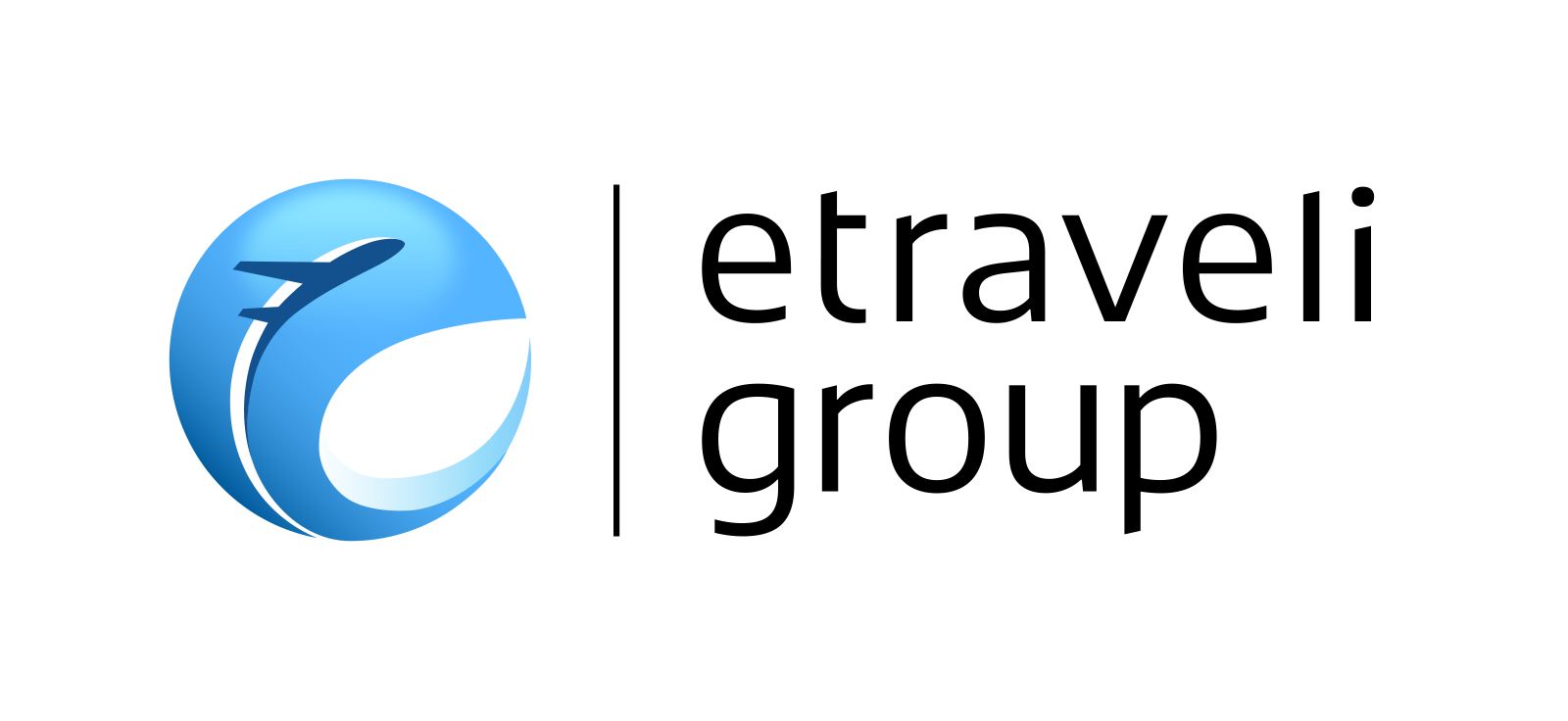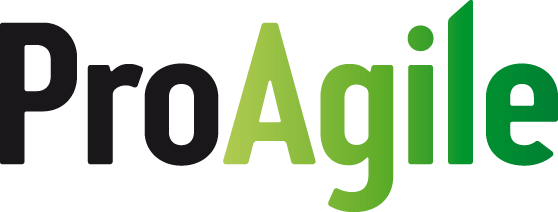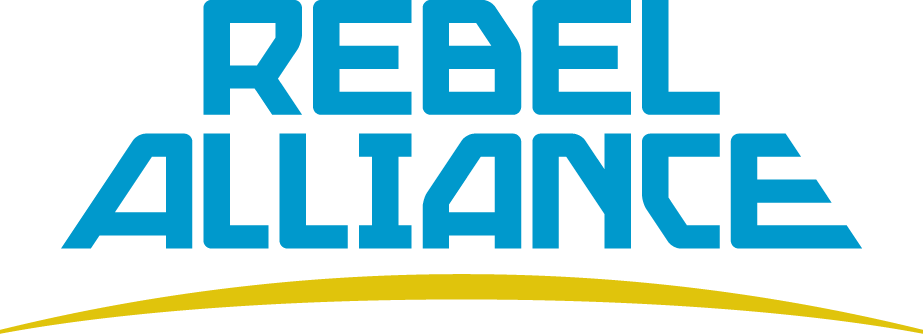Speakers
NoEstimates: How you can predict the release date of your project without estimating
Often we hear that estimating a project is a must. "We can't make decisions without them" we hear often. In this session I'll present examples of how we can predict a release date of a project without any estimates, only relying on easily available data.
I'll show how we can follow progress on a project at all times without having to rely on guesswork, and we will review how large, very large and small projects have already benefited from this in the past. At the end of the session you will be ready to start your own #NoEstimates journey.

Vasco Duarte
I want to transform product development organizations into product business organizations. I do that by focusing the work of the product development teams on the end-to-end life-cycle of their products. From Concept to Cash and Back!
Currently a Managing Partner at Oikosofy. Product Manager, Scrum Master, Project Manager, Director, Agile Coach are only some of the roles that I've taken in software development organizations. Having worked in the software industry since 1997, and Agile practitioner since 2004. I've worked in small, medium and large software organizations as an Agile Coach or leader in agile adoption at those organizations. I was one of the leaders and catalysts of Agile methods and Agile culture adoption at Avira, Nokia and F-Secure.
You can read more from me at my blog. You can join me on Twitter
How to enable agility in the whole organisation creating high performing companies
Our highest priority is to satisfy a customer through early and continuous delivery of valuable software. Continuous attention to technical excellence and good design enhances agility. Agile processes harness change for the customer and deliver the competitive advantage. Agile processes promote sustainable development.
One of several reasons why agile techniques are so effective is that they reduce the feedback cycle between the generation of an idea and the realisation of that idea. This not only minimises the risk of misunderstanding, it also reduces the cost of addressing any mistakes.
But most of the times we fail to take Agile further than team level. Based on my experience it is very hard to actually transform the companies and adopt Agile mindset and create high performing organisations.
In this talk I will present a bunch of ideas that you can apply directly in your daily work that will allow you to bring your company to the next level of agility creating high performing organisation.

Luis Goncalves
My name is Luis Gonçalves and I am a co-founder at Oikosofy, Agile Coach at HolidayCheck, author, speaker and blogger.
I have been working in the software industry since 2003, as an agile practitioner since 2007. I have a lot of experience in integrating sequential projects phases like localization into an Agile Framework and pioneering Agile adoption at different companies and different contexts.
I am a co-author of a book “Getting Value out of Agile Retrospectives”. At the beginning of 2016 I will publish my new book “How to get rid of Performance Appraisals”. I am a co-founder of a MeetUp group in Munich, Germany called High Performing Teams.
I like to write and share ideas with the world and this has made me a passionate blogger. I get my inspiration from my professional life and from all the books that I read every week. Please follow my blog or join me on Twitter.
3,2,1 Product Launch
How to design, validate and deliver a MVP in 3 months
“Idealistic” and “groundbreaking” were two words used by the media to describe social giving startup Impossible when it was launched three years ago. This year, model, actress and Impossible’s founder Lily Cole worked with Pivotal Labs to develop a new mobile app that simplifies the existing experience of sharing and giving amongst communities for 100,000 users globally.
The hybrid app — Impossible People — was conceived, validated and built in just three months. A common challenge to social impact projects is tackling the world’s toughest problems on a tight budget and a firm timeline. Learn tips and tricks for getting your biggest, most challenging ideas into production as efficiently as possible.
Key Take Aways:
- How to build a product iteratively and keep focus
- How to quickly go through a human-centered design process and design within technical constraints
- How to rapidly test and adopt experimental engineering practices and choose the right technology
- How to develop a brand that resonates with your users by applying lean and agile product practices

Hilary Johnson
Hilary Johnson is a Product Manager with Pivotal Labs where she develops software for startup and enterprise clients while also enabling agile and collaborative practices with client teams. Most recently at Pivotal, she’s been working with entrepreneur and model Lily Cole on her social giving platform Impossible People. Previously, Hilary was a product manager at the UK’s Office of Communications where she delivered digital products for citizens and led work around open data.
In a previous life, Hilary studied law at McGill University. She also holds an M.Sc. from the University of Oxford’s Internet Institute and Saïd Business School where she focused on consumer digital literacy in e-commerce transactions. Hilary lives in London, enjoys epic ping pong showdowns and is mildly obsessed with Korea after a recent trip to Seoul.
The systemic Scrum Master
Most Scrum Masters are quite fluent in "Scrum", but they lack experience in System and Complexity Thinking. Most projects don't fail because of the wrong tools, but because of people and a missing understanding about the system that we are all part of. I'll share stories about real world teams and their struggels with the system around them and talk about how a more systemic approach helped them. At the end of the talk you'll have a better understanding of system and complexity thinking and the needed mindset, as well as some tools that will help you on your systemic journey.
IMHO the talk will be valuable for Scrum Masters, Product Owners and Agile Managers, who have a feeling that they got stuck and are in need for something different, the Scrum framework cannot provide.

Marc Loeffler
Marc Loeffler is an agile coach, author and trainer. Before getting in touch with agile methods and principles in 2006, he was working as a traditional project manager for companies like the Volkswagen AG or the Siemens AG. His passion is to help teams implementing agile frameworks like Scrum and XP and to transform our world of work.
Marc has a passion for helping teams that are struggling with agile transitions and overcoming dysfunctional behaviour. He loves to generate new insights by approaching common problems from the other side and trying to make deliberately havoc of the process.
The Journey from an Agile Workplace to an Adaptive Business
Using Agile methods and practices for the management of work does not necessarily lead to an adaptive business.
So what do Lean and Agile principles tell us about the way we need to design, build and operate modern businesses? Can we design organisations that are adaptive, innovative and engaging for customers, employees, managers and leaders alike? The presentation will demonstrate the importance of creating the right work-climate for Agile to manage work more effectively and to go further ensuring the business as a whole can become highly adaptive to their customers and the marketplace.

Stephen Parry
Stephen Parry is an international leader and organisational architect, designing and creating adaptive organisations. He has a world-class reputation for passionate leadership and organisational transformation by changing the way employees, managers and leaders think about their business and their customers.
He is the author of Sense and Respond: The Journey to Customer Purpose (Palgrave), a highly regarded book written as a follow-up to his award-winning organisational transformations. His change work was recognised when he received Best Customer Service Strategy at the National Business Awards.
Stephen believes that organisations must be designed around the needs of customers through the application of employee creativity, innovation and willing contribution. This was recognised when his approach received awards from the European Service Industry for the Best People Development Programme and a personal award for Innovation and Creativity. His clients include many global corporations and national governments: SAP, LEGO, BT, UK government, police authorities, financial services, Telcos, retail, Legal Services, IT and software companies, outsourcing and shared services.












